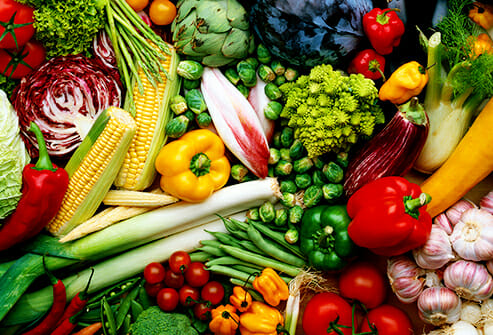Iran’s largest province, Kerman province, has re-affirmed their commitment to feed the world with its diverse array of agricultural products.
A spokesperson from the Embassy of the Islamic Republic of Iran in Kuala Lumpur said, “As the world is crippled with a global pandemic, we are ready to further boost the bilateral economic ties between the two Muslim nations (Iran and Malaysia).
The economic tie will focus on food security, public health, information technology along with other sectors as each of them bear importance.
With this spirit, we are committed to give utmost importance to further strengthen trade interactions with Malaysian corporations, importers and SMEs.”
Kerman Province is one of Iran’s strategic regions with ample agricultural potential, offering cereal, legumes and industrial products to tomatoes, berries, medicinal herbs, and kitchen garden products.
The exceptional intersection between high altitudes, mountain deserts, and tropical cold regions has produced a special natural environment rarely seen in Iran’s plateau.
According to the Embassy, “It’s mysteriously amazing to have a wide variety of agricultural products that each require a unique growing environment within just a 30km distance.
These natural features give rise to extraordinary climatological diversity, varied natural landscapes as well as agricultural and horticultural activities.
Malaysian corporations, traders and SMEs in the food and agriculture sector can take advantage of Kerman Province’s capacity that offers a wide variety of naturally-produced agricultural products.”
Among the agro products that grow in the province are semi-tropical fruits such as dates, mango, papaya, citrus, apple, pear, a variety of cherries and walnuts.
The province – which produces various horticultural, cultivated, and organic products – leads the country’s pistachio and date production capacities with approximately 22,000 tons and 380,000 tons annually.
As a powerhouse for food, the province offers large quantities of daily essential foods such as wheat, barley, sesame, vegetables, fruits, nuts, livestock, poultries, and aquatic animals.
Strategically located in the southeast of Iran, Kerman Province seamlessly offers its natural resources and food products to 15 regional countries, which Iran has land and sea borders.
Kerman’s food products potentially feed over 600 million customers in the region, which account for eight percent of the world’s population and 12 percent of the world’s economy.









